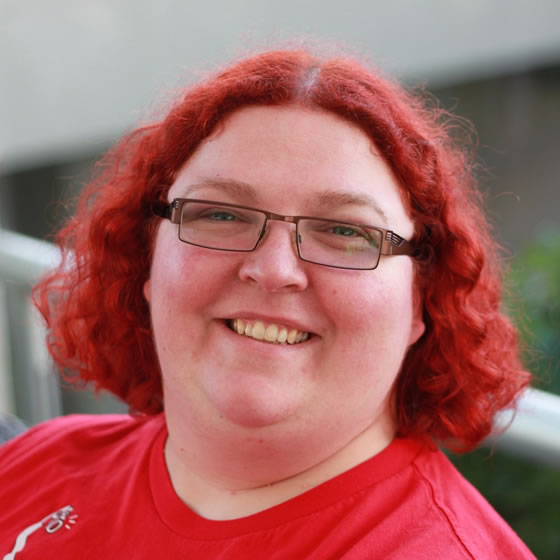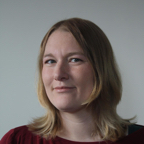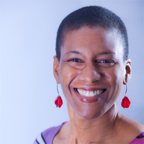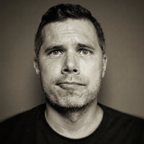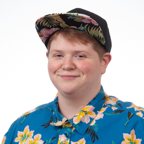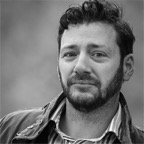Preparing to Be Badass Next Year
Once we’ve eaten our way through the holiday season, people will start to think about new year’s resolutions. We tend to focus on things that we want to change… and often things that we don’t like about ourselves to “fix”. We set rules for ourselves, or try to start new habits or stop bad ones. We focus in on things we will or won’t do.
For many of us the list of things we “ought” to be spending time on is just plain overwhelming – family, charity/community, career, money, health, relationships, personal development.
It’s kinda scary even just listing it out, isn’t it? I want to encourage you to think differently about next year.
The ever-brilliant Kathy Sierra articulates a better approach really well when talking about the attitude we should have to building great products. She tells us to think not about what the user will do with our product, but about what they are trying to achieve in the real world and how our product helps them to be badass1.
When we help the user be badass, then we are really making a difference.
I suppose this is one way of saying: focus not on what you will do, focus on what it will help you achieve. How will it help you be awesome?
In what ways do you want to be more badass next year?
A professional lens
Though of course you might want to focus in on health or family or charity or community or another area next year, many people will want to become more badass in their chosen career.
So let’s talk about a scaffold to help you figure out your professional / career development next year.
First up, an assumption: everyone wants to be awesome. Nobody gets up in the morning aiming to be crap at their job. Nobody thinks to themselves “Today I am aiming for just south of mediocre, and if I can mess up everybody else’s ability to do good work then that will be just perfect2”.
Ergo, you want to be awesome. So what does awesome look like?
Danger!
The big trap that people fall into when think about their professional development is to immediately focus on the things that they aren’t good at. When you ask people “what do you want to work on getting better at next year?” they frequently gravitate to the things that they believe they are bad at.
Why is this a trap? Because if you focus all your time and energy on improving the areas that you suck at, you are going to end up middling at everything. Going from bad → mediocre at a given skill / behaviour takes a bunch of time and energy. So if you spend all your time going from bad → mediocre at things, what do you think you end up? That’s right, mediocre.
Mediocrity is not a great career goal, kids.
What do you already rock at?
The much better investment of time and energy is to go from good → awesome. It often takes the same amount of relative time and energy, but wow the end result is better! So first, ask yourself and those who know you well what you are already pretty damn good at. Combat imposter syndrome by asking others.
Then figure out how to double down on those things. What does brilliant look like for a given skill? What’s the knowledge or practice that you need to level yourself up even further in that thing?
But what if I really really suck?
Admittedly, sometimes something you suck at really is holding you back. But it’s important to separate out weaknesses (just something you suck at) from controlling weaknesses (something you suck at that actually matters for your chosen career).
If skill x is just not an important thing for you to be good at, you may never need to care that you aren’t good at it. If your current role or the one you aspire to next really really requires you to be great at x, then it’s worth investing your time and energy (and possibly money too) getting better at it.
So when you look at the things that you aren’t good at, which of those are actually essential for success?
The right ratio
A good rule of thumb is to pick three things you are already good at to work on becoming awesome at and limit yourself to one weakness that you are trying to improve on. That way you are making sure that you get to awesome in areas where you already have an advantage, and limit the amount of time you are spending on going from bad → mediocre.
Levelling up learning
So once you’ve figured out your areas you want to focus on next year, what do you actually decide to do?
Most of all, you should try to design your day-to-day work in a way that it is also an effective learning experience. This means making sure you have a good feedback loop – you get to try something, see if it works, learn from it, rinse and repeat.
It’s also about balance: you want to be challenged enough for work to be interesting, without it being so hard it’s frustrating. You want to do similar / the same things often enough that you get to learn and improve, without it being so repetitive that it’s boring.
Continuously getting better at things you are already good at is actually both easier and harder than it sounds. The advantage is that it’s pretty easy to add the feedback loop to make sure that you are improving; the disadvantage is that you’re already good at these skills so you could easily just “do” without ever stopping to reflect and improve. Build in time for personal retrospectives (“What went well? What didn’t? What one thing will I choose to change next time?”) and find a way of getting feedback from outside sources as well.
As for the new skills, it’s worth knowing that skill development follows a particular pattern:
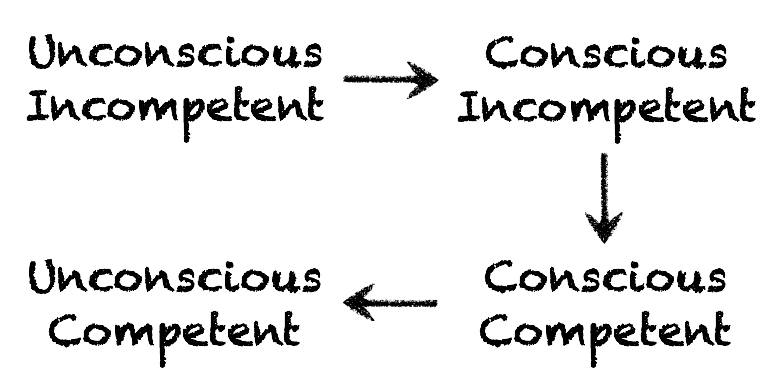
We all start out unconsciously incompetent (we don’t know what to do and if we tried we’d unwittingly get it wrong), progress on to conscious incompetence (we now know we’re doing it wrong) then conscious competence (we’re doing it right but wow it takes effort and attention) and eventually get to unconscious competence (automatically getting it right).
Your past experiences and knowledge might let you move faster through these stages, but no one gets to skip them. Invest the time and remember you need the feedback loop to really improve.
What about keeping up?
Everything changes very fast in our industry. We need to invest in not falling behind, in keeping on top of what great looks like. There are a bunch of ways to do this, from reading blog posts, following links on Twitter, reading books to attending conferences or workshops, or just finding time to build things in new ways or with new technologies.
Which will work best for you depends on how you best learn. Do you prefer to swallow a book? Do you learn most by building or experimenting?
Whatever your learning style though, remember that there are three real needs:
- Scan the landscape (what’s changing, does it matter)
- Gain the knowledge or skills (get the detail)
- Apply the knowledge or skills (use it in reality)
When you remember that you need all three of these things it can help you get more of what you do.
For me personally, I use a combination of conferences and blogs / Twitter to scan the landscape. Half of what I want out of a conference is just a list of things to have on my radar that might become important. I then pick a couple of things to go read up on more (I personally learn most effectively by swallowing a book or spec or similar). And then I pick one thing at a time to actually apply in real life, to embed the skill / knowledge.
In summary
- Aim to be awesome (mediocrity is not a career goal).
- Figure out what you already rock at.
- Only care about stuff you suck at that matters for your career.
- Pick three things to go from good → awesome and one thing to go from bad → mediocre (or mediocre → good) this year.
- Design learning into your daily work.
- Scan the landscape, learn new stuff, apply it for real.
- Be badass!
-
She wrote a whole book about it. You should read it: Badass: Making Users Awesome ↩
-
Before you argue too vehemently: I suppose some antisocial sociopathic bastards do exist. Identify them, and then RUN AWAY FAST AS YOU CAN #realtalk ↩
About the author
Meri is a geek, a manager, and a manager of geeks. She’s a CTO (these days at @MOO) and also runs micro-consultancy ChromeRose, helping digital & technical teams be brilliant. An alumna of Procter & Gamble and the Government Digital Service, she has had a career spanning development, project, programme & product management and more recently engineering & operations leadership. She’s led teams ranging in size from 30 to 300, mostly with folks spread across the world.
